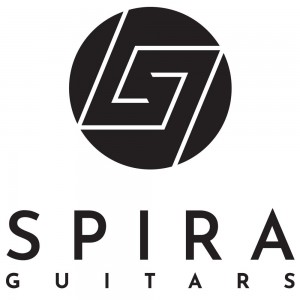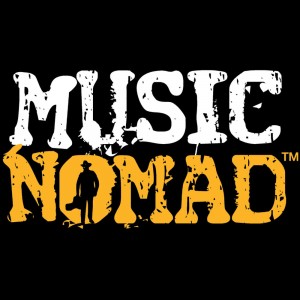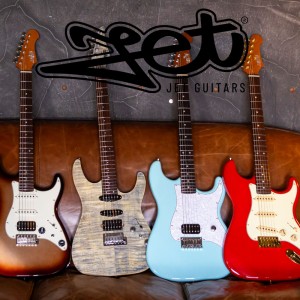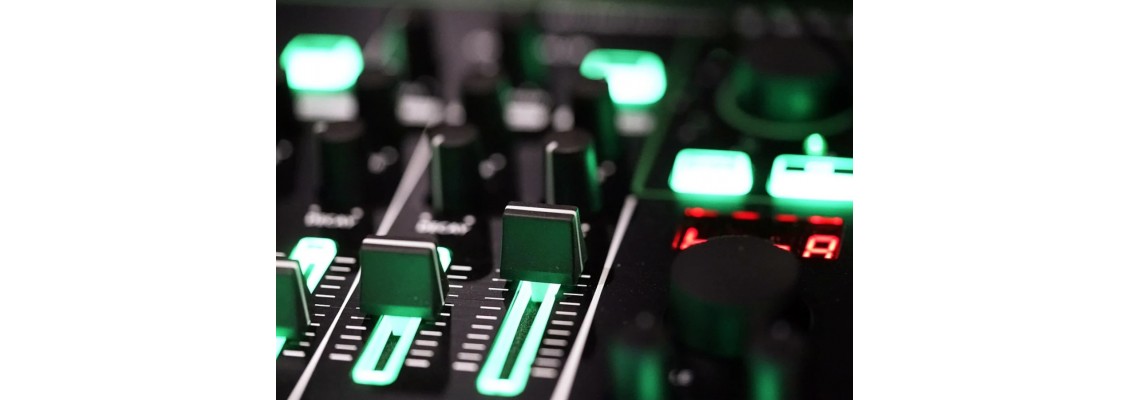
The Impact of Technology on Music and Musical Instruments
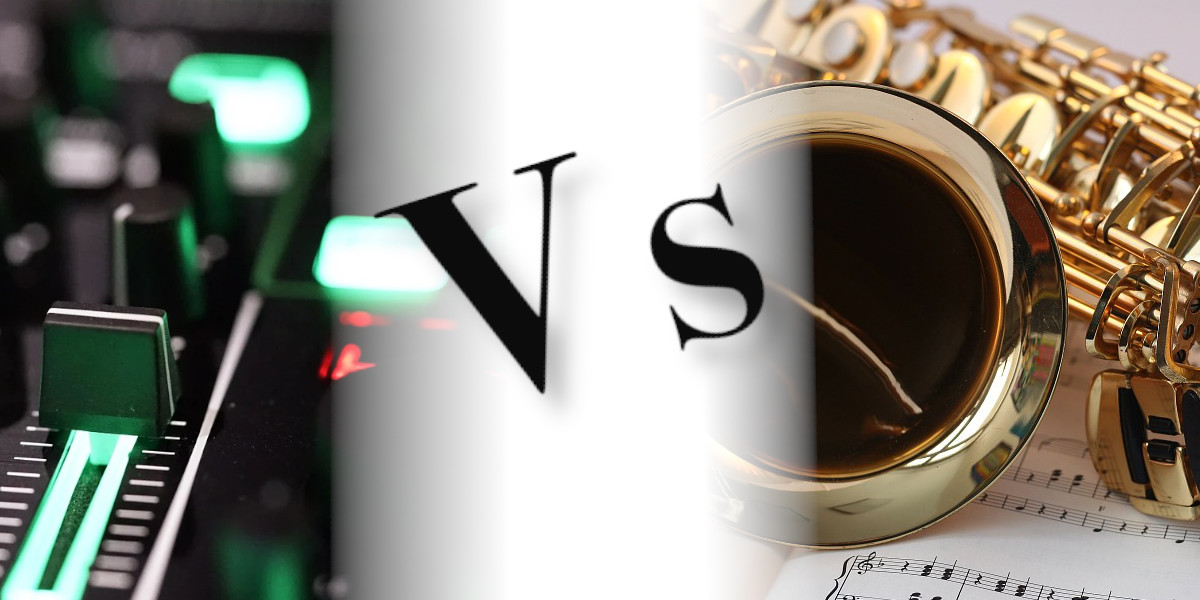
Can't we all just get along....?
The impact of technology on music and musical instruments has been profound, my friends. We live in a world where you can create entire albums on a laptop, where a single synthesizer can replace a whole orchestra, and where you can play a guitar that never goes out of tune. It's a brave new world, and it's changing the way we make and consume music.
Understandably, some people fear that technology is destroying the soul of music, that it's taking the human touch out of the equation. But I say, why not embrace it? Why not use technology to expand our musical horizons, to create sounds that were once impossible, to push the boundaries of what we can do with our instruments?
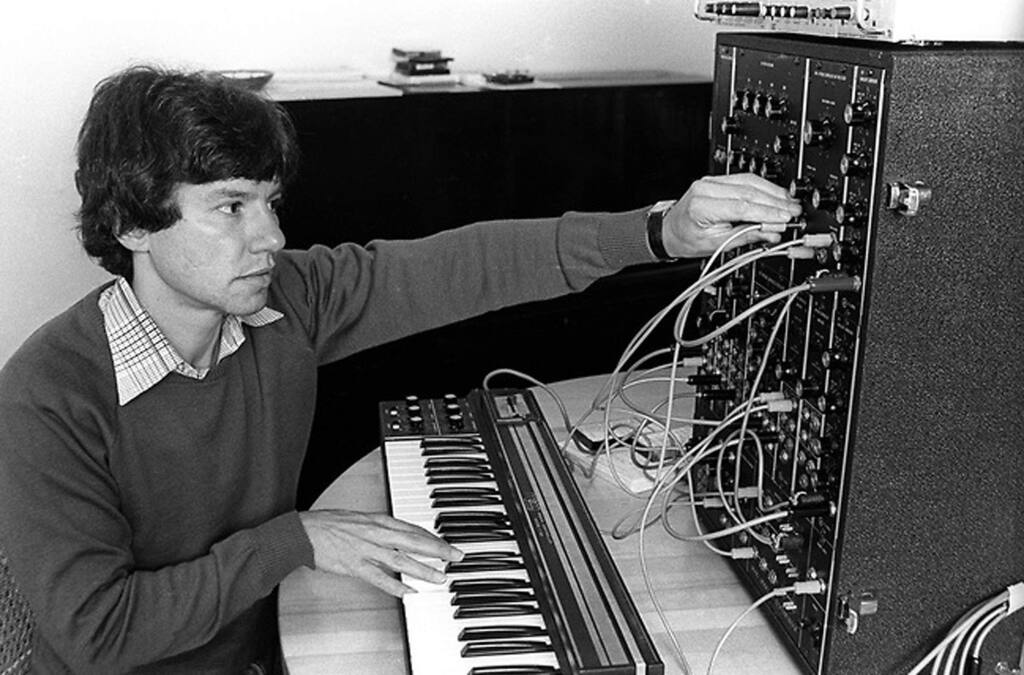
This guy know that a change is coming.....
Take the electric guitar, for example. It's a symbol of rock and roll, of rebellion and freedom. And yet, without technology, it would never have existed. The first electric guitars were created in the 1930s, using electromagnetic pickups to amplify the sound. Without this technology, we wouldn't have had Jimi Hendrix or Eddie Van Halen or any of the other guitar gods who have shaped our musical landscape.
Nonetheless, the impact of technology on the electric guitar has been both a blessing and a curse. On one hand, it has opened up a universe of new sounds and possibilities, allowing guitarists to push the boundaries of what was previously thought possible. But on the other hand, it has led to a kind of arms race among musicians, where the goal is no longer to create something new and unique, but to have the latest and greatest gear. The result is that the guitar has become a kind of digital playground, where the emphasis is on technology rather than artistry. But for those who are willing to use technology as a tool rather than a crutch, the electric guitar remains one of the most powerful and expressive instruments ever created.
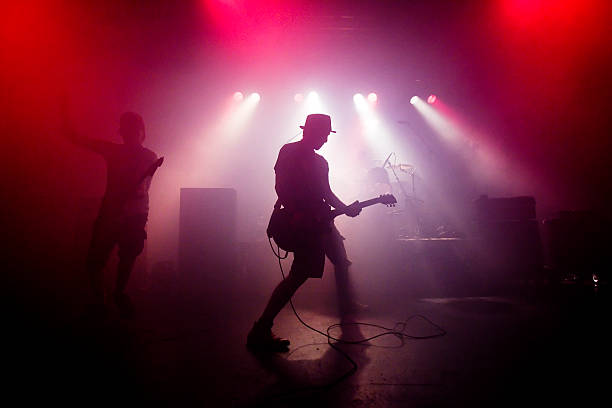
To those about to Rock, we salute you.
Or consider the synthesizer, that strange and wonderful instrument that can create sounds that no acoustic instrument could ever dream of. With a synthesizer, you can create entire orchestras, or invent your own new sound that no one has ever heard before. It's like having a universe of musical possibilities at your fingertips.
The synthesizer, that bizarre contraption of wires, circuits, and oscillators, has been transformed by the relentless march of technology from a strange and exotic curiosity to an essential tool of modern music-making. Once the province of a few dedicated experimentalists and avant-garde composers, the synthesizer has now become ubiquitous, found in everything from pop songs to film scores to video game soundtracks. The impact of technology on the synthesizer has been profound, opening up a vast universe of new sounds and possibilities and allowing musicians to create sonic landscapes that would have been unimaginable just a few decades ago.
But with this newfound power has come a kind of madness, a digital miasma in which musicians strive to create ever more complex and intricate sounds. The result is a kind of sonic overload, a deluge of electronic noise that threatens to overwhelm the listener. The synthesizer has become a kind of Pandora's box, unleashing a flood of sound that can be both beautiful and terrifying. But for those who are willing to navigate this strange and perilous landscape, the synthesizer remains one of the most powerful and versatile instruments ever invented, capable of creating sounds that can transport the listener to other worlds and other dimensions.
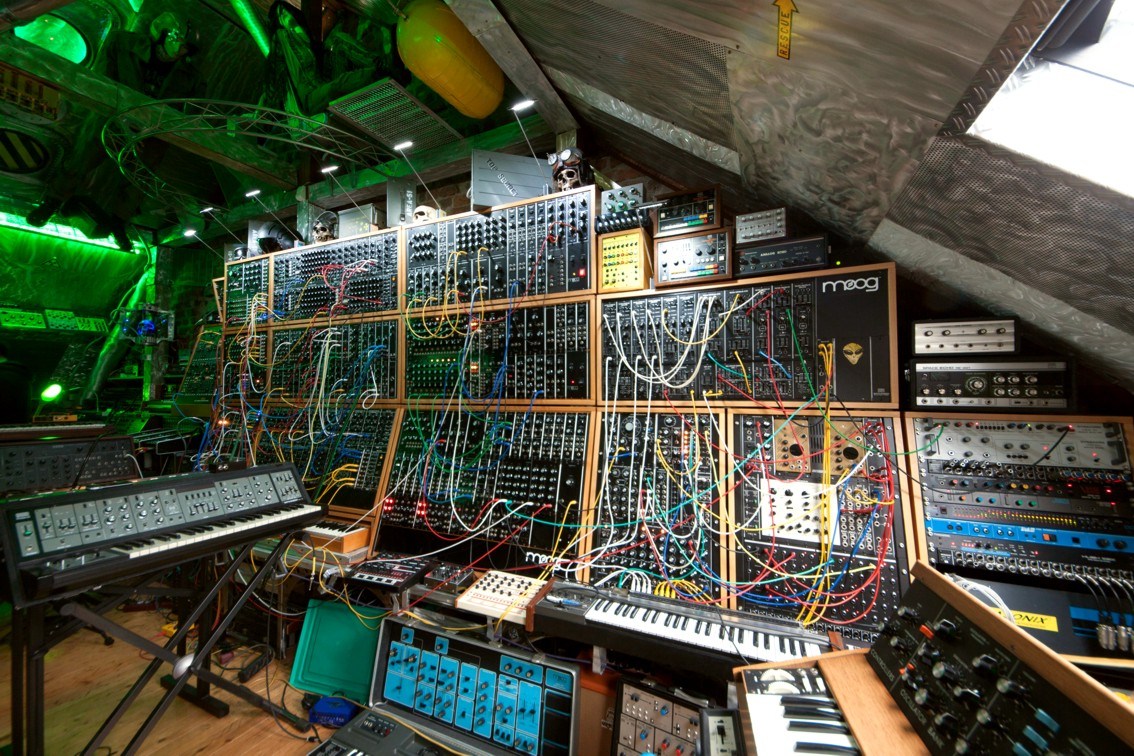
Is it ever really too much? Depends on who you ask.
Of course, there are some drawbacks to technology. It can be a double-edged sword, a tool that can both empower and enslave. We've all heard the stories of bands who rely too heavily on technology in their live shows, only to have everything go wrong when the power goes out. Or the stories of musicians who spend more time tweaking their plugins and effects than actually playing their instruments.
But let's not throw the baby out with the bathwater, my friends. Let's embrace technology while also respecting the power of human creativity and skill. Let's use technology to open up new frontiers in music, while also remembering the beauty and simplicity of acoustic instruments.
There's room for everyone.
In conclusion, the impact of technology on music and musical instruments is undeniable. It's a force that has both liberated and complicated our musical landscape. But let's not be afraid of it, my friends. Let's harness it, let's use it to create music that's never been heard before. As Hunter S. Thompson once said, "Buy the ticket, take the ride."

